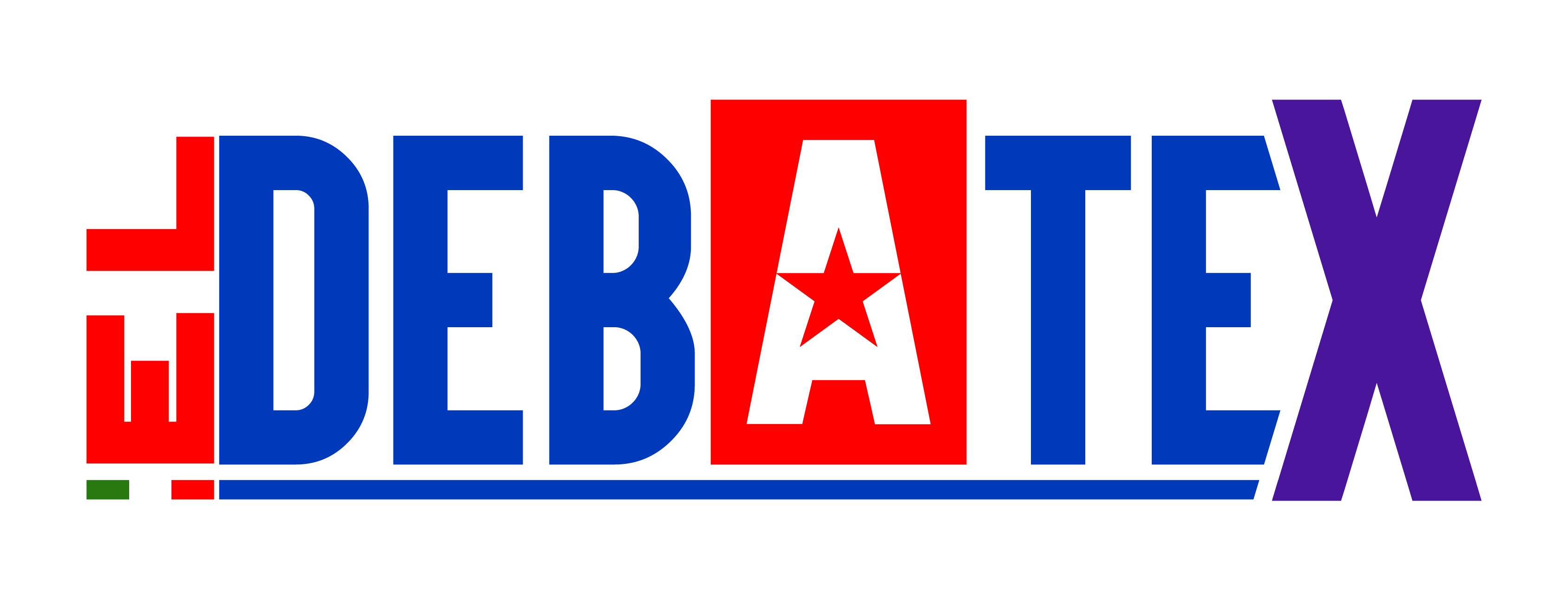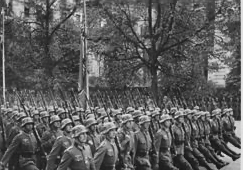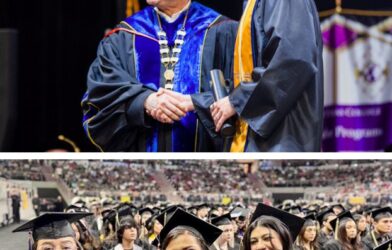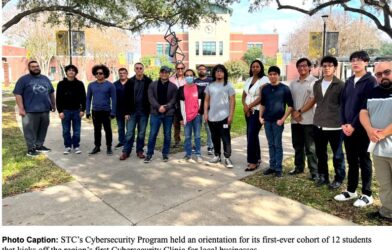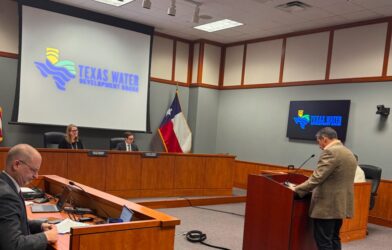IN SUMMARY

by Alfredo Cuéllar
When politics strangles classrooms,
the future comes to a standstill
More than 30 years ago, together with Dr. Fernando Pérez Correa, I taught the course Education and Social Change at Harvard. Today, as I look at the global landscape, I see how democracy, social cohesion, and economic growth face a silent threat: the deliberate weakening of education by populist governments—left and right—that cut budgets, discredit universities, and target those who teach people how to think. In their hands, education is not a driver of progress but an inconvenient obstacle.
From Donald Trump in the United States to Andrés Manuel López Obrador and Claudia Sheinbaum in Mexico, passing through Jair Bolsonaro in Brazil and Viktor Orbán in Hungary, the pattern repeats itself: systematic cuts, attacks on academic autonomy, and campaigns to undermine research. For these leaders, education is, at best, a necessary evil; at worst, a threat to their political project.
Of course, education alone is not enough—Cuba, with a 99.7% literacy rate, remains with a stagnant economy—but without quality, inclusive, and stable education, there is no social mobility, no innovation, and no lasting democracy.
This article examines the transformative vision of education as the most effective agent of social change and the most authentic democratic strategy—today under unprecedented siege.
Evidence: Investing in Education Works
International data is clear:
- Skills that drive economies. Countries that raise students’ cognitive skills—not just enrollment—achieve higher and more sustained growth rates, as shown by Hanushek & Woessmann.
- Direct returns. In OECD countries, those who complete tertiary education earn almost twice as much as those who do not finish upper secondary, and have higher employment rates.
- Measurable quality. Singapore, leader in PISA 2022, is also one of the world’s most dynamic economies; this is no coincidence.
- Social mobility. Norway and Sweden, which invest between 6.5% and 6.9% of GDP in education, top the World Economic Forum’s Social Mobility Index.
By contrast, Mexico allocates 4.2% of GDP to education—below the OECD average of 4.9%—with low per-student spending and results that perpetuate inequality. Recent reforms, such as the “New Mexican School,” have neither strengthened teacher preparation nor increased the use of data to evaluate policies, weakening the capacity for improvement.
When Populism Sees Schools as the Enemy
Populism, regardless of ideology, distrusts academia and seeks to control it:
- United States: Trump has threatened to close the Department of Education and cut funding to universities with diversity and inclusion programs. In Texas, Senate Bill 17 banned DEI offices in public universities, causing more than 100 layoffs.
- Mexico: In 2020, the federal government eliminated 109 trust funds for science and culture, and education spending remains insufficient. Although Claudia Sheinbaum elevated the former CONACYT to the Secretariat of Science, Humanities, Technology, and Innovation—a symbolic gesture of higher status—in practice she continued and deepened the budget-cutting trend inherited from López Obrador: the 2025 budget is 3.7% lower than in 2024, represents just 0.16% of GDP (the lowest since 2008), and leaves Public Research Centers with severe cuts and programs reduced to less than one-third of those in 2015.
- Brazil: Bolsonaro announced cuts of up to 30% in federal universities.
- Hungary: Orbán used legal pressure to force the Central European University to leave Budapest.
These measures not only reduce resources; they erode academic autonomy, research, and the development of human capital. As I wrote at the outset: when politics suffocates education, the future stalls.
Quality and Real Reach
Adding years of schooling is not enough if teaching is deficient or fails to break down class barriers.
In many countries, the best schools and universities remain reserved for elites, reproducing a modern caste system. This perpetuates the cycle described by David Brooks in the U.S.: children from wealthy families start school ahead, extend their advantage in primary school, and reach university with gaps almost impossible to close for those born into poverty.
An Agenda to Restore Faith in Education
If we want education to once again be the best strategy for social change and equity, we need a global and national pact that rises above partisan politics and puts nations back on course:
- Shield education budgets with minimum targets (4–6% of GDP and 15–20% of public spending) protected from political cuts.
- An obsession with quality, with explicit targets for improvement in PISA and national assessments, plus intensive tutoring in disadvantaged areas.
- Teachers first: rigorous selection, world-class ongoing training, decent conditions, professional school leadership, technology integration, and training in the educational use of artificial intelligence.
- Short-cycle technical and higher education for well-paid jobs without a four-year degree, linked to productive sectors and with pathways to further study.
- Autonomy and academic freedom, banning budgetary punishments for content or research.
- Radical equity: scholarships, full-time schools, universal connectivity, inclusive admissions in high-demand institutions, and free education as an investment in human capital.
- Incentives for universities that improve quality, teaching, research, and community engagement indicators.
- National technology development to reduce dependence on foreign nations.
- Data-driven policymaking, with public indicators of learning, dropout rates, and employability by program and institution.
Conclusion
History teaches us three lessons:
- Learning more drives economies and unites societies.
- Politicizing classrooms and suffocating science condemn nations.
- Education remains the most powerful strategy for equity and social transformation, and an indispensable component of economic development.
Resisting populism also means reforming and strengthening education systems. The real battle for the future is not fought only at the ballot box or in parliaments: it is fought every day in classrooms. Those with the power to decide cannot keep looking the other way.




